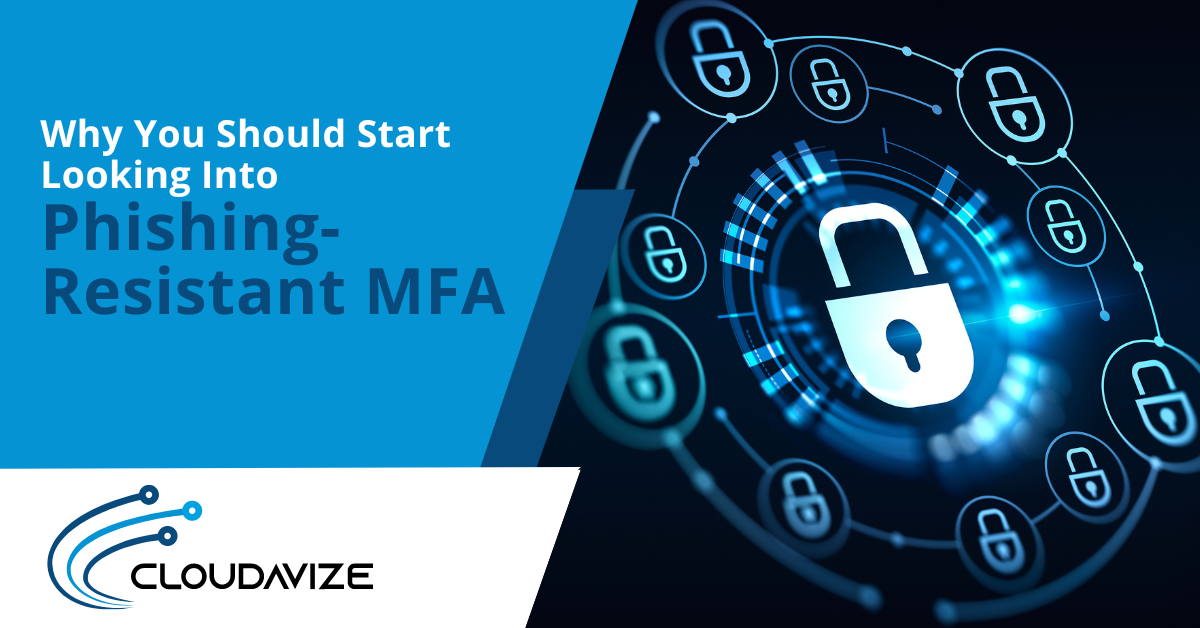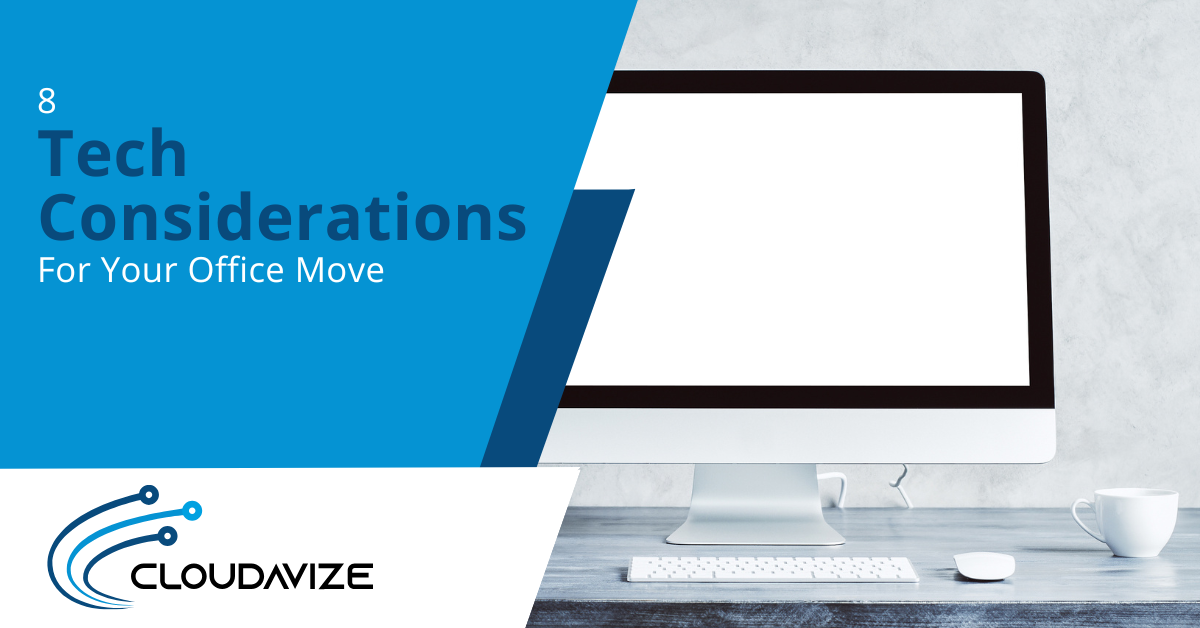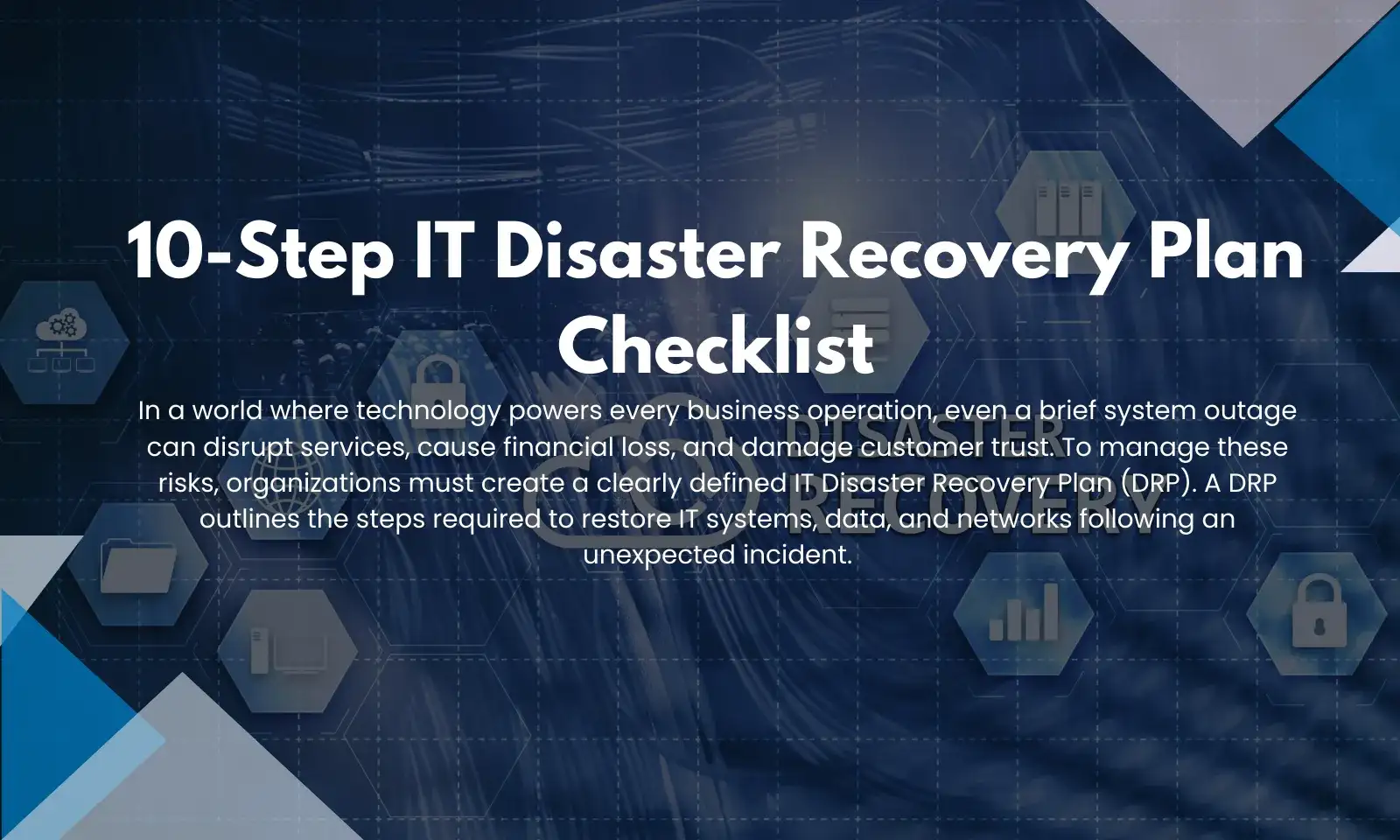Cyberattacks date back to when sensitive information was first digitalized and it became possible for hackers to steal data via digital networks. Hence the need for authentication, that is, confirming identity as the owner of an account in an attempt to log in, initiate transactions, or access information.
Originally, authentication was via a username and password, but this became vulnerable as passwords could be guessed and compromised. As a result, Multi-Factor Authentication (MFA), a more potent form of authentication, was developed. This created another layer of authentication where a one-time password (OTP) is sent to your device to verify you are approved to access your accounts. With this, if your password is compromised, the cyber attackers would not have access to the OTP, and the system would block any authorized access.
The more security advances, the more hackers come up with new strategies to get around it. For example, phishing attacks are becoming popular and more sophisticated. In 2021, 83% of organizations experienced phishing attacks, with a speculated increase in the coming years
Hackers are now leveraging phishing via email and SMS to make MFA hackable. They are manipulating people through spoofed messages to gain access to their OTP and other security details. Therefore, companies now need to consider adopting a phishing-resistant MFA.
Table of Contents
What Is Phishing Resistant MFA?
Phishing-resistant MFA simply refers to a system of resistance to phishing attempts and attacks, such as spear phishing, brute force attacks, reply-chain phishing, reply attacks, man-in-the-middle attacks, and credential stuffing, used to manipulate and breach the authentication process.
An example of a form of MFA that is resistant to phishing is a FIDO security key. This is a device you insert into your computer, phone, or tablet to authenticate you as the legitimate account user.
It is possible to prevent phishing attacks within the authentication process by ensuring that there is proper proof of identity and purpose. Contrary to popular belief, passwords, security questions, SMS, one-time passwords, and even push notifications are not phishing-resistant techniques because they are vulnerable to some or all of the assaults mentioned above.
Phishing-resistant MFA removes the use of unique codes that can be leaked or phished from the process. Authentication in this method is done between the devices. For example, when you log into an account, you are asked to verify yourself using wireless technologies. The only thing that may be required of you for verification is your biometrics, such as fingerprints, face scans, etc., which cannot easily be stolen or used by other unauthorized users.
Why Should You Start Looking Into Phishing-Resistant MFA?
Passwords are Not Enough to Stop Phishing Attacks
Passwords are the most popular but least secure form of authentication. They are susceptible to being stolen, guessed, or phished. You may think you have set a strong password for your account but Password spraying, a brute-force attack method that guesses common passwords across accounts, is another option for attackers. They bypass your password and gain access to your account.
Phishing-Resistant MFA strengthens the security of your account.
It Is the Future of Cybersecurity
Cyber threats are rapidly increasing, and the technologies adopted by attackers are getting more sophisticated daily. As these threats continue to evolve, businesses’ and individuals’ cyber defense must also be strengthened. A comprehensive security strategy must include MFA resistant to phishing, and its significance will only grow in the future.
The U.S. Government Recommends Phishing Resistant MFA.
In a memo released by the Office of the Management and Budget, titled: ” Moving the U.S. Government Toward Zero Trust Cybersecurity Principles,” it was noted that password-based MFAs are prone to many attacks. It, therefore, requires agency staff, partners, and contractors to adopt Phishing Resistant MFA. The recommendation is not only limited to the government agency as the security measures for government agencies will also be helpful for small enterprises and individual accounts.
It Boosts Security Across Devices and Accounts
MFA, resistant to phishing, can boost safety for all devices and accounts, offering a unified front. Attackers are not only going after businesses; they are also going after people. Companies can prevent hackers from accessing their employees’ accounts by implementing phishing-resistant MFA. Also, device and IoT device advanced security can be achieved by implementing this MFA.
Phishing Resistant MFA Will Protect Your Revenue
The impact can be severe if your company is the subject of a phishing attack. Data breaches, financial losses, and reputational harm may result from a successful phishing assault. Many organizations shut down within six months of being hit due to the damage caused by a cyberattack.
By making it much less likely that you could be the target of a successful phishing attack, phishing-resistant MFA will safeguard your company’s revenue by protecting your business from ransomware and other forms of malware.
Improve Your Cyber Defense, and Schedule an IT Security Consultation Today!
The IT professionals at Cloudavize will work with your business to set up phishing-resistant MFA for you, your employees, and your organization.
📞 Contact us today to get started!



